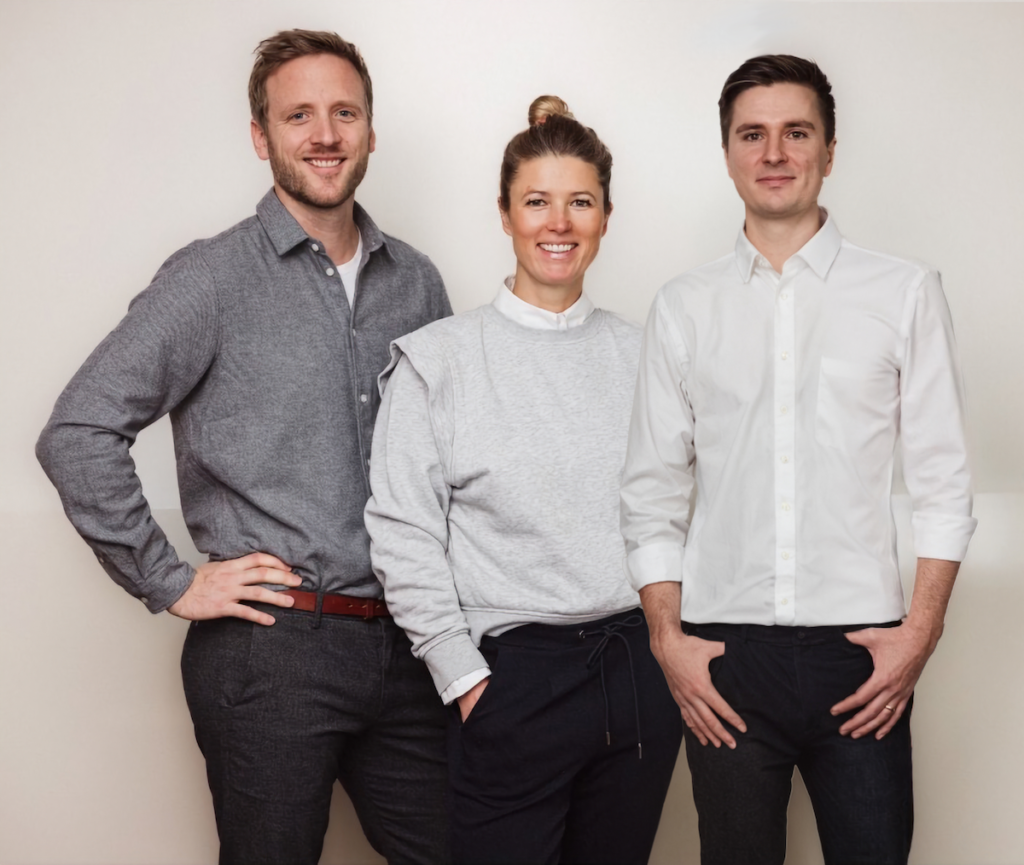
When Anna-Lena Hudalla launched Fertia‘s AI guide for fertility and hormonal health, she expected user feedback. What she didn’t anticipate was the flood of business development inquiries from pharmaceutical companies, healthcare insurers, and major retailers asking how they could license the technology.
“This response was incredibly motivating because it confirmed we’re on the right track,” Hudalla explains.
The interest validates a strategic bet Hudalla made when building Fertia – that specialized medical AI could become valuable infrastructure for the broader healthcare ecosystem, rather than just another consumer app competing for downloads: “Our goal is to relieve pressure on the healthcare system, ensure quality of care, and use resources more efficiently.”
Building AI That Actually Works
While competitors rushed to integrate ChatGPT into their platforms, Fertia spent 18 months taking a different approach.
“Many companies rely on content generated through ChatGPT, but our key differentiator is having dedicated specialists in fertility, recurrent pregnancy loss, and psychology,” she says. “We have over 2,000 pieces of content within the app, all professionally written by our medical team.”
The content creation process involves six psychologists working with Fertia, ensuring the AI guide incorporates cognitive behavioral therapy principles alongside medical information. But the technical sophistication extends beyond content to the complete patient journey.
“After consultations, if patients need testing, we send out test kits through our laboratory partners and deliver results directly back to the app,” Hudalla notes. “We’ve designed the complete patient journey for multiple indications.”
The Accidental Platform
This comprehensive approach wasn’t the original plan. Fertia began when Hudalla and her co-founders, Prof. Dr. Ruben Kuon and PD Dr. Dr. Kilian Vomstein, both reproductive medicine specialists, came across a specific frustration about how patients experiencing recurrent pregnancy losses were supported in clinical practice.
“They recognized that appointment scheduling was taking too long and they were repeating the same information to patients over and over again,” Hudalla recalls. “We came together as founders with the shared goal of building a truly patient-centered solution for this problem.”
But the initial focus eventually proved too narrow.
“Recurrent pregnancy loss represents a smaller patient segment. We soon realized we should address all people struggling with reproductive and hormonal health, including PCOS and endometriosis,” she explains.
Additional indications followed organically – a pharmaceutical company approached about risk pregnancy management, leading to a pregnancy companion feature. What started as a point solution evolved into a platform covering the full spectrum of reproductive health.
The White-Label Opportunity
The AI guide’s success opened new revenue streams that Hudalla hadn’t initially considered. Fertia is currently working on a partnership with a large German retailer that will go live in fall 2025.
“They will implement our AI guide for women’s health as part of their strategic expansion into healthcare,” Hudalla explains.
Similar partnerships are developing across multiple sectors. Healthcare insurance companies are exploring the AI guide as first-level support, pharmaceutical companies want to integrate it into awareness campaigns, and one hospital in Heidelberg plans broader implementation.
The Bootstrap Advantage
Fertia’s development has been bootstrapped to date, supplemented by pharmaceutical partnerships rather than traditional venture capital. This approach allows for patient-centric development without external pressure for rapid monetization.
“We have pharmaceutical sponsorships that allow us to offer the app for free,” Hudalla notes. “Our sponsors don’t influence our content development or link to their products though. Everything focuses on patient-centric care.”
This funding model enables Fertia to offer core educational and mental health support features for free while charging only for consultations – a structure that aligns with reducing healthcare access barriers while building sustainable revenue streams.
As white-label partnerships expand and international opportunities emerge, Fertia’s combination of specialized AI, comprehensive patient journeys, and flexible deployment options positions the company to capture value across multiple distribution channels. What began as a solution to doctors’ scheduling frustrations has evolved into infrastructure that major healthcare players want to license – validating the strategic bet that depth beats breadth in building defensible healthcare AI.



